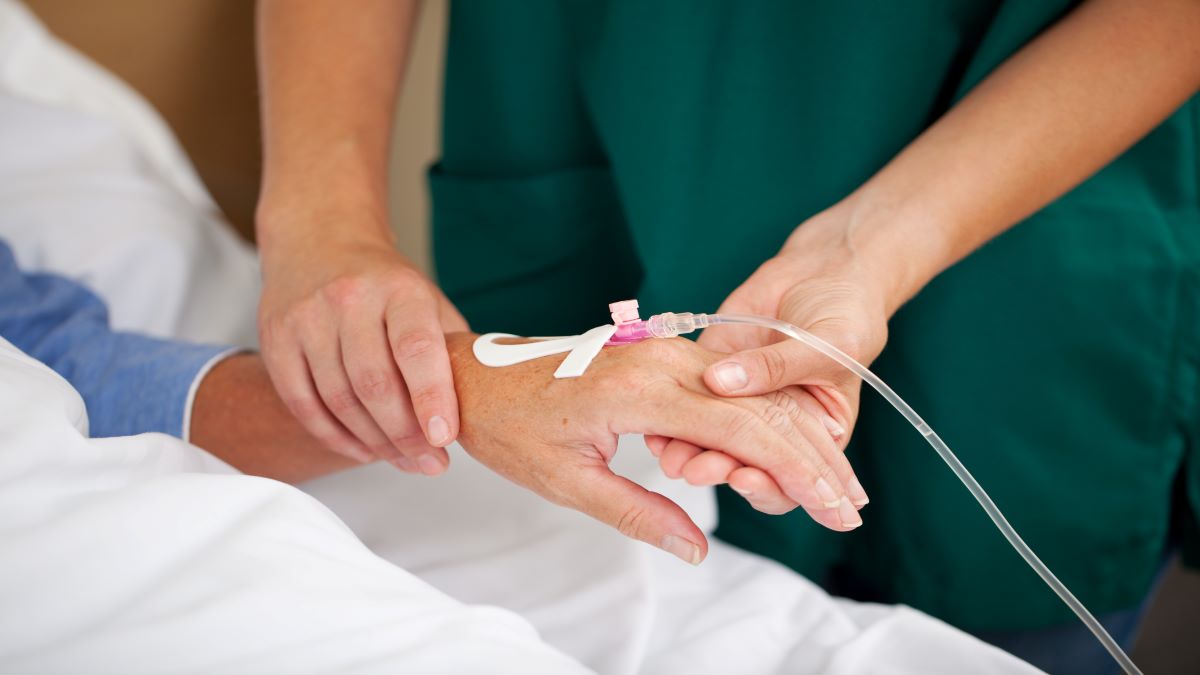Soft tissue sarcoma is a type of cancer. It affects structures like blood vessels, nerves, the lining of joints, muscles, fat and tendons. Today, there are more than 50 types of this form of cancer known. Therefore, it is essential to identify which type the patient has to determine the treatment of soft tissue sarcoma.
Diagnosis of soft tissue sarcoma
Evaluation of the area of concern involves methods like:
- X-rays
- Magnetic resonance imaging
- Positron emission tomography
- Computerized tomography scans
Another method used to diagnose soft tissue sarcoma is a biopsy. There are two main types – surgical and core needle biopsy. Both of them allow obtaining tumor material for analysis. The difference is that by performing a core needle biopsy, the doctor gets tiny tubes of cancerous tissue. Usually, the specialist takes material from several parts of the growth. On the other hand, a surgical biopsy is used when there is a need for a larger sample of cancerous tissue. Sometimes it involves the removal of the whole tumor if the last is small enough.
The pathologist is a specially trained doctor who performs an analysis of body tissues. After the biopsy, the pathologist checks the samples for the presence of cancerous cells. Furthermore, he analyzes obtained tissue to determine the type of cancer and whether it is aggressive. When soft tissue sarcoma is suspected, it is better to see a doctor in a medical center that helps many people with the same type of cancer.
Treatment of adult soft tissue sarcoma
There are a lot of kinds of soft tissue sarcomas. Therefore, the treatment applied will depend on the size, location and type of the tumor. Options include surgery, radiation therapy, chemotherapy and targeted drug treatment of soft tissue sarcoma.
Surgery
Surgery is one of the commonly used methods of treatment of soft tissue sarcoma. During this procedure, the doctor usually removes the whole tumor and some healthy tissue surrounding it. However, suppose sarcoma locates in the arm or leg. In that case, the doctor may consider using radiation therapy or chemotherapy to make the tumor smaller. In this way, the healthcare provider can try to avoid amputation.
Radiation therapy
Radiation therapy uses high-powered beams of energy to treat soft tissue sarcomas. There are three options for performing radiation therapy: before, during and after surgery.
- Performing radiation therapy before surgery helps reduce the size of a tumor.
- Performing radiation therapy during surgery allows a higher dose of radiation to reach the target. In other words, beams of energy go directly to the tumor minimizing damage to the healthy tissue.
- Performing radiation therapy after surgery helps eliminate any cancerous cells that may remain after the operation.
Chemotherapy
This method of soft tissue sarcoma treatment uses chemicals to deal with cancerous cells. The healthcare provider can deliver chemotherapy either in the form of pills or through veins. Chemotherapy works better for some types of soft tissue sarcomas than others. An example of such a type of sarcoma is rhabdomyosarcoma.
Targeted drug treatment of soft tissue sarcoma
Abnormal cells that give rise to certain types of sarcoma have distinct characteristics. Moreover, targeted drug treatment uses these characteristics to kill specifically cancerous cells. As a result, this method has a better effect than chemotherapy does and is less toxic. Targeted drug treatment showed a particular benefit in dealing with gastrointestinal stromal tumors (GISTs).
The importance of support
A diagnosis such as soft tissue sarcoma can be challenging to accept. Remember that you can always benefit from surrounding yourself with friends and family. It is essential to have a person to which you can talk. In addition, it would be helpful for patients with sarcoma to learn more about this diagnosis to make informed decisions about their care.
















Leave a Reply
You must be logged in to post a comment.